The UN Security Council on Friday rejected a move to extend sanctions relief for Iran’s nuclear program, clearing the way for European measures to snap back by Sept. 28 unless a last-minute deal materializes.
The resolution to keep relief in place failed 4–9, with Russia, China, Pakistan, and Algeria backing Iran and nine members voting against. Two countries abstained. The vote caps a 30-day process launched by Britain, France, and Germany (the E3) to restore penalties unless Tehran reopened full access to UN inspectors and returned to talks with the US.
Iran’s UN ambassador Amir Saeid Iravani blasted the outcome as “hasty, unnecessary and unlawful,” insisting Tehran has no obligation to implement it. He accused the E3 of “misusing” the nuclear deal’s dispute snapback mechanism and called the move a “direct assault on international law and the credibility of the Security Council.” Iranian officials say they tabled a “reasonable and actionable” plan and remain within the Non-Proliferation Treaty.
Why this snapped back
- Europe’s case: The E3 say Iran has blown past its commitments, including stockpiling over 40× the uranium limit set by the JCPOA, and note a June finding by the IAEA board that Iran isn’t meeting safeguard obligations. They offered to delay snapback up to six months if Iran restored inspector access and engaged Washington.
- Iran’s rebuttal: Tehran calls the European push politically motivated, argues the US blew up the deal in 2018 (when then-President Trump exited and reimposed sanctions), and points to Israeli and US strikes on Iranian nuclear sites during June’s 12-day flare-up.
The decision lands days before world leaders arrive in New York for the UN General Assembly — prime time for back-channel bargaining. Diplomats say there’s still a narrow path to an interim fix, but the vote adds a new layer of complexity and piles pressure on Iran’s already strained economy.
The JCPOA traded nuclear limits for sanctions relief. Since the US withdrawal in 2018, compliance and trust have unraveled, inspections have narrowed, and regional attacks have raised stakes. Iran maintains it doesn’t seek nuclear weapons and claims a peaceful program; Western capitals say the verification gap is exactly the problem.
With snapback set to hit by Sept. 28, it’s crunch time. Either the parties land a face-saving inspection and talks package — or the sanctions door slams shut again.
With input from Al Jazeera and Newsweek.
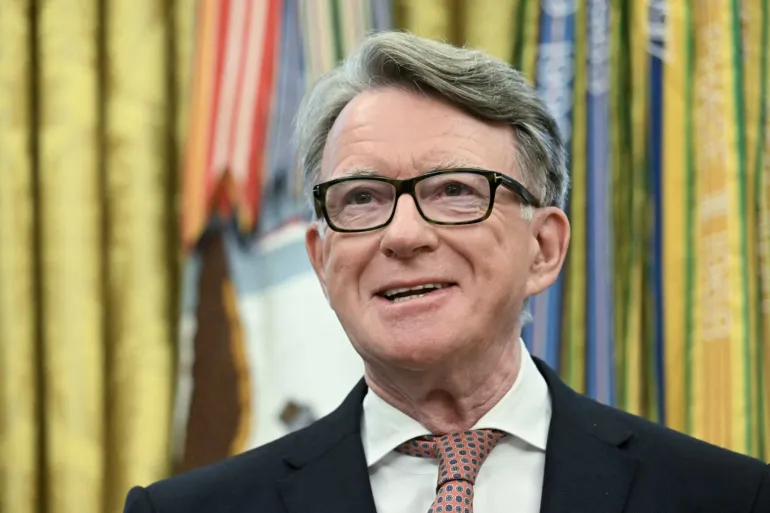
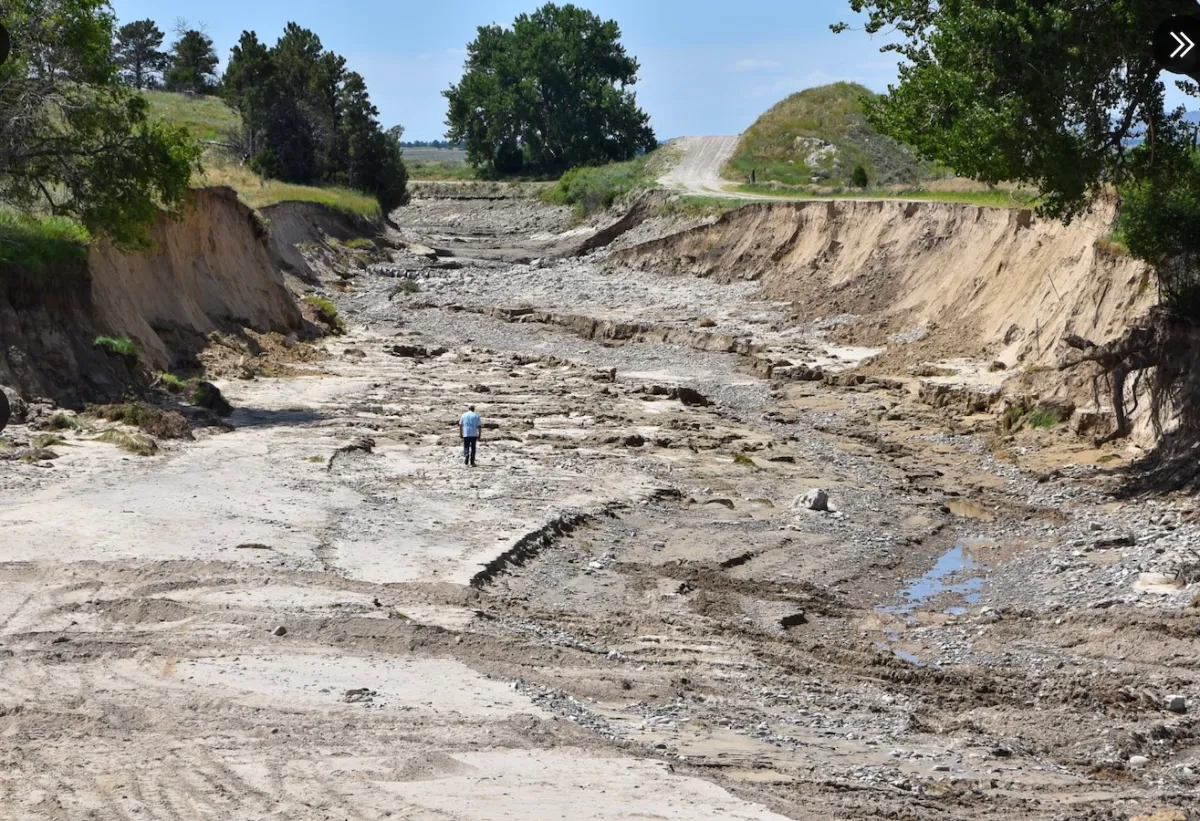
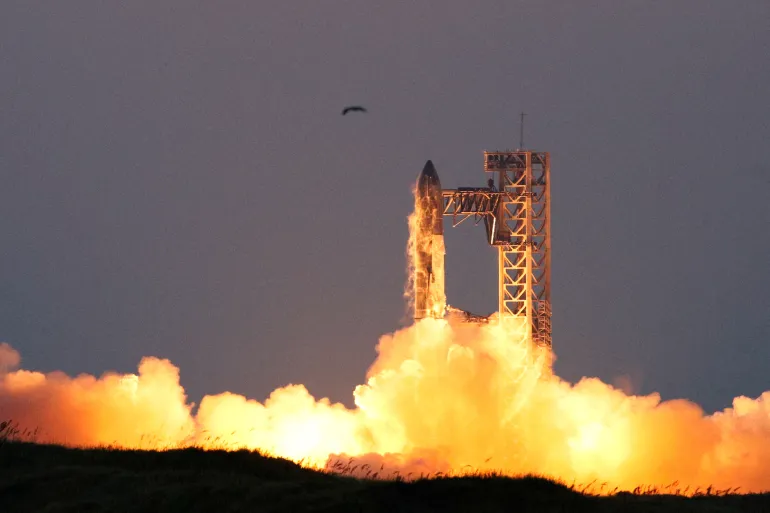
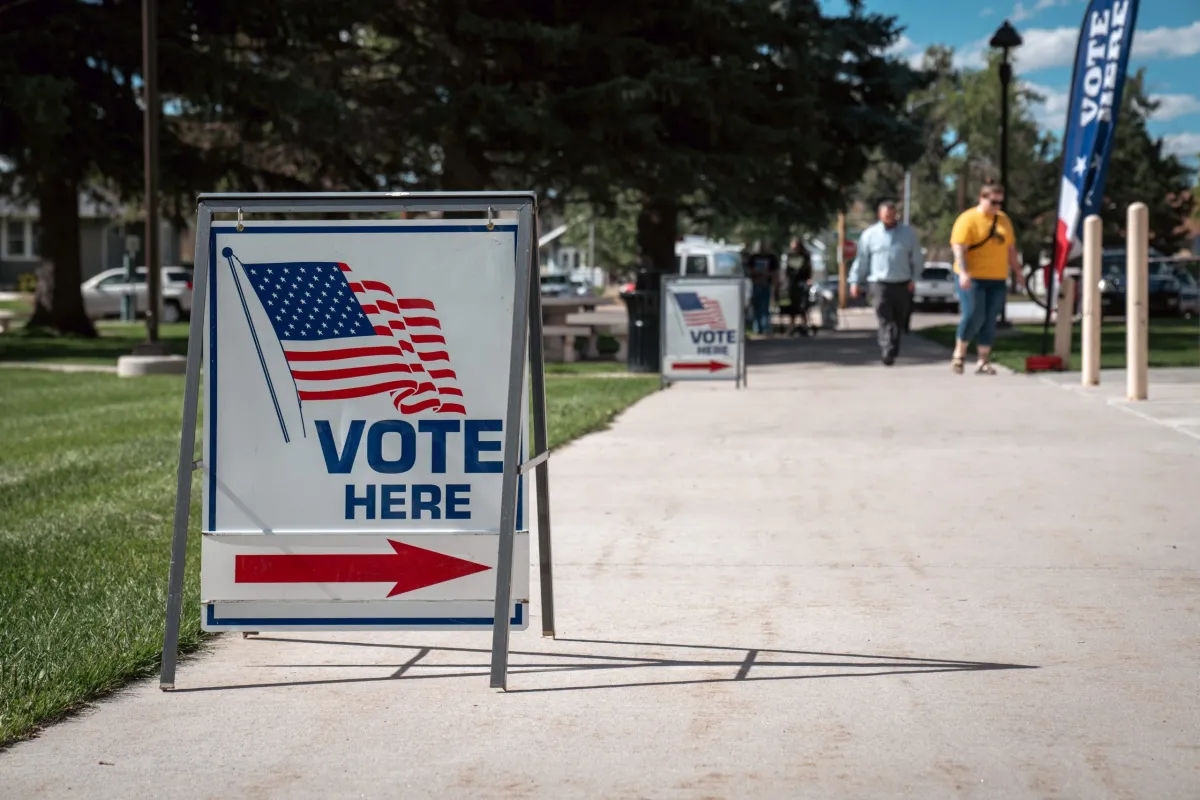
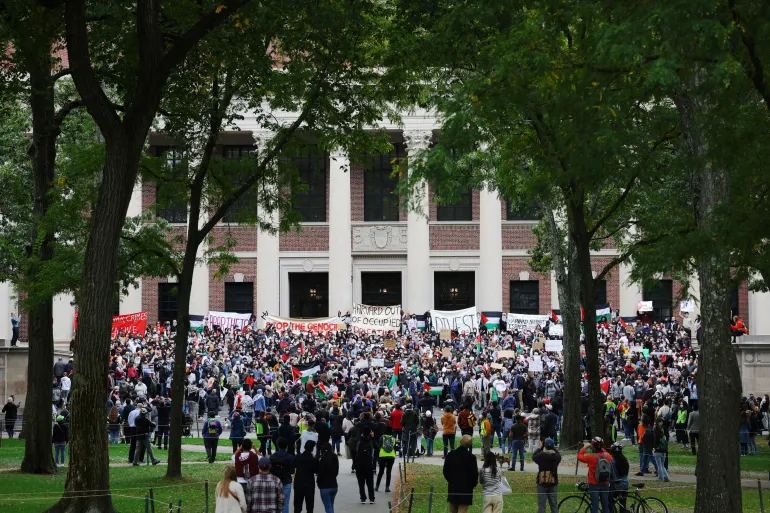
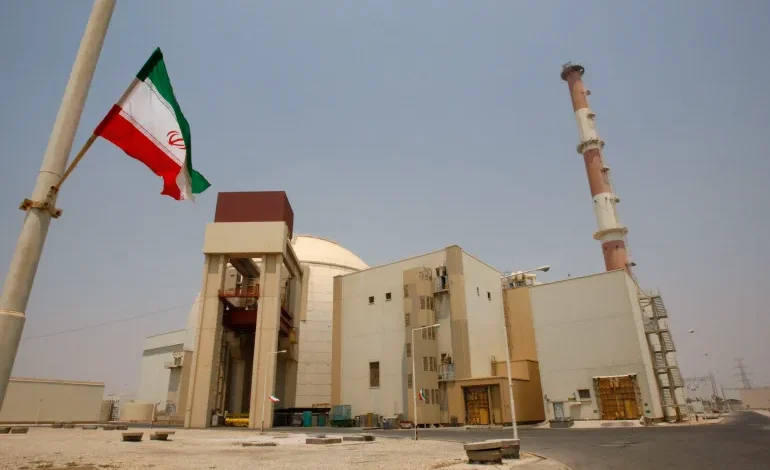




The latest news in your social feeds
Subscribe to our social media platforms to stay tuned